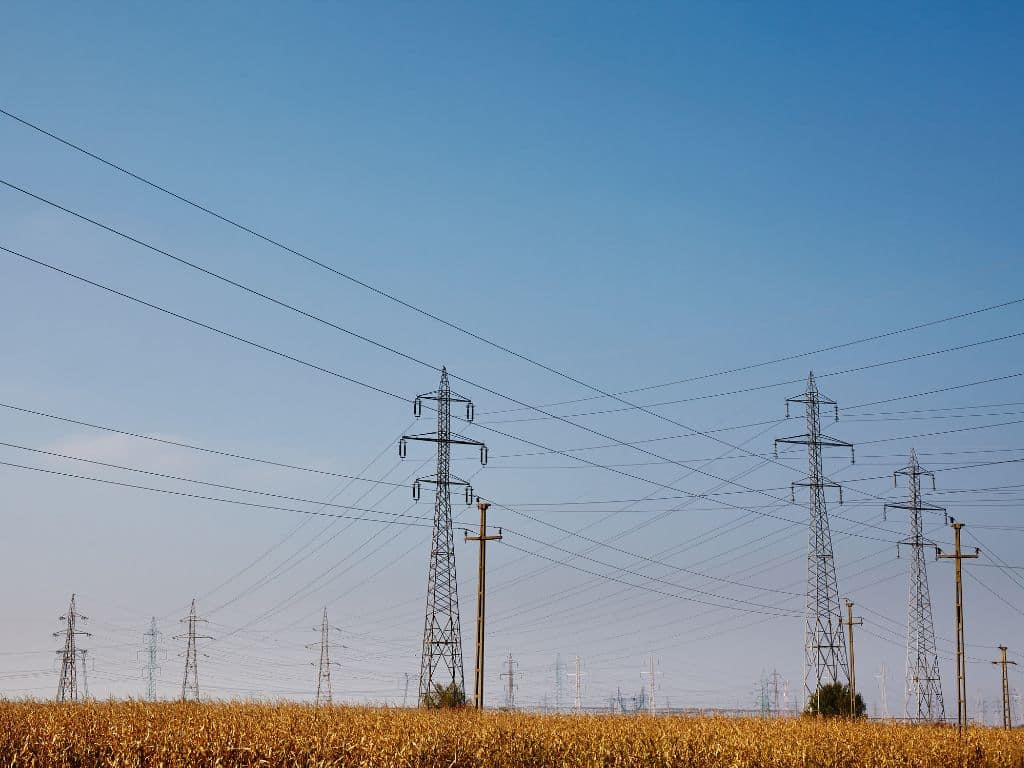The new proposal, resealed on Wednesday by Senator Joe Manchin, will make it easier, faster and cheaper to replace the country’s outdated transmission lines, which were not designed to withstand today’s extreme climate events.
—
On Wednesday, West Virginia Senator Joe Manchin released permitting-reform legislation, a bill that allows the Department of Energy (DOE) to designate proposed transmission lines projects to be in the national interest. Under the proposed legislation, the Federal Energy Regulatory Commission (FERC) would approve these projects and allocate the costs to ratepayers that benefit from them.
Every home and business across the US depend on transmission lines, the circulatory system of the country’s power grid. However, this system is becoming increasingly vulnerable to the ever-changing climate.
In the last decade, the US experienced 78% more power outages compared to the decade prior and about 83% of major outages that happened since the beginning of the 21st century were attributed to weather-related events, a recent Climate Central report found.
Hurricanes, wildfires, flooding and heatwaves are growing in frequency and intensity as a consequence of climate change, adding significant pressure on the nation’s ageing electrical infrastructure. Indeed, most of the 437,000 miles (703,000 kilometres) of transmission lines were built 60 to 70 years ago and designed to last only about half a century and in a completely different climate.
Besides this issue, the US is far from having enough transmission lines to support the economy’s electrification and achieve an economy-wide target of net-zero emissions by 2050. To do so, a study by Princeton’s Net-Zero America found, the country must build new transmission lines at twice the pace it does today.
While Manchin’s new bill will likely accelerate the process of approving and building the major infrastructure the US requires, it will also come at a cost for the environment. Indeed, the legislation may allow some fossil-fuel projects and might make it harder for environmentalists to block these in court, The Atlantic’s Robinson Meyer explains.
With some Democrats are already saying that they wouldn’t support the deal – with Senator Bernie Sanders calling it a “huge giveaway to the fossil-fuel industry” – as well as Republicans skeptical of giving their counterpart yet another legislative win, it is not sure whether the bill will become law.
You might also like: All You Need to Know About The US Inflation Reduction Act


















